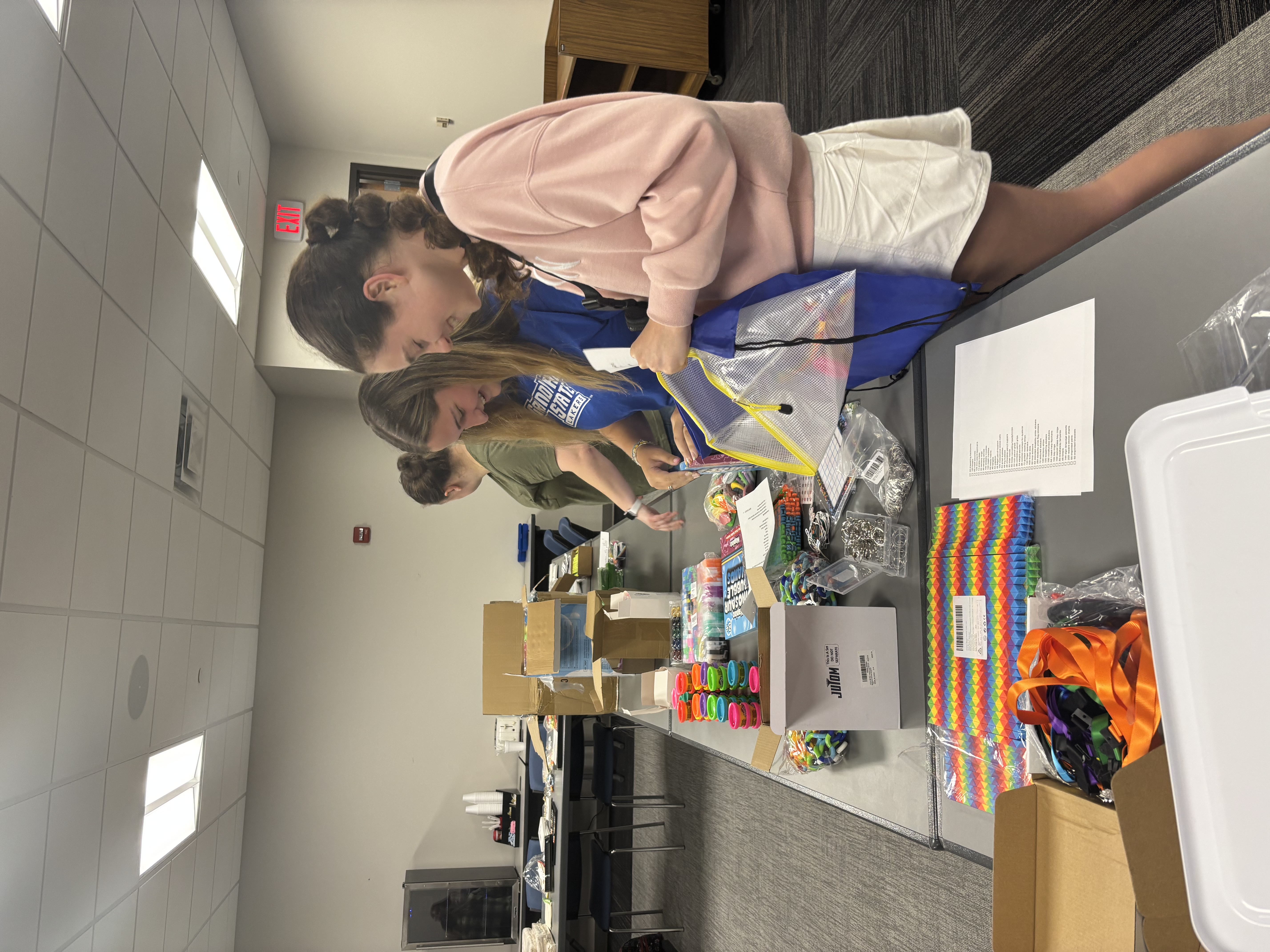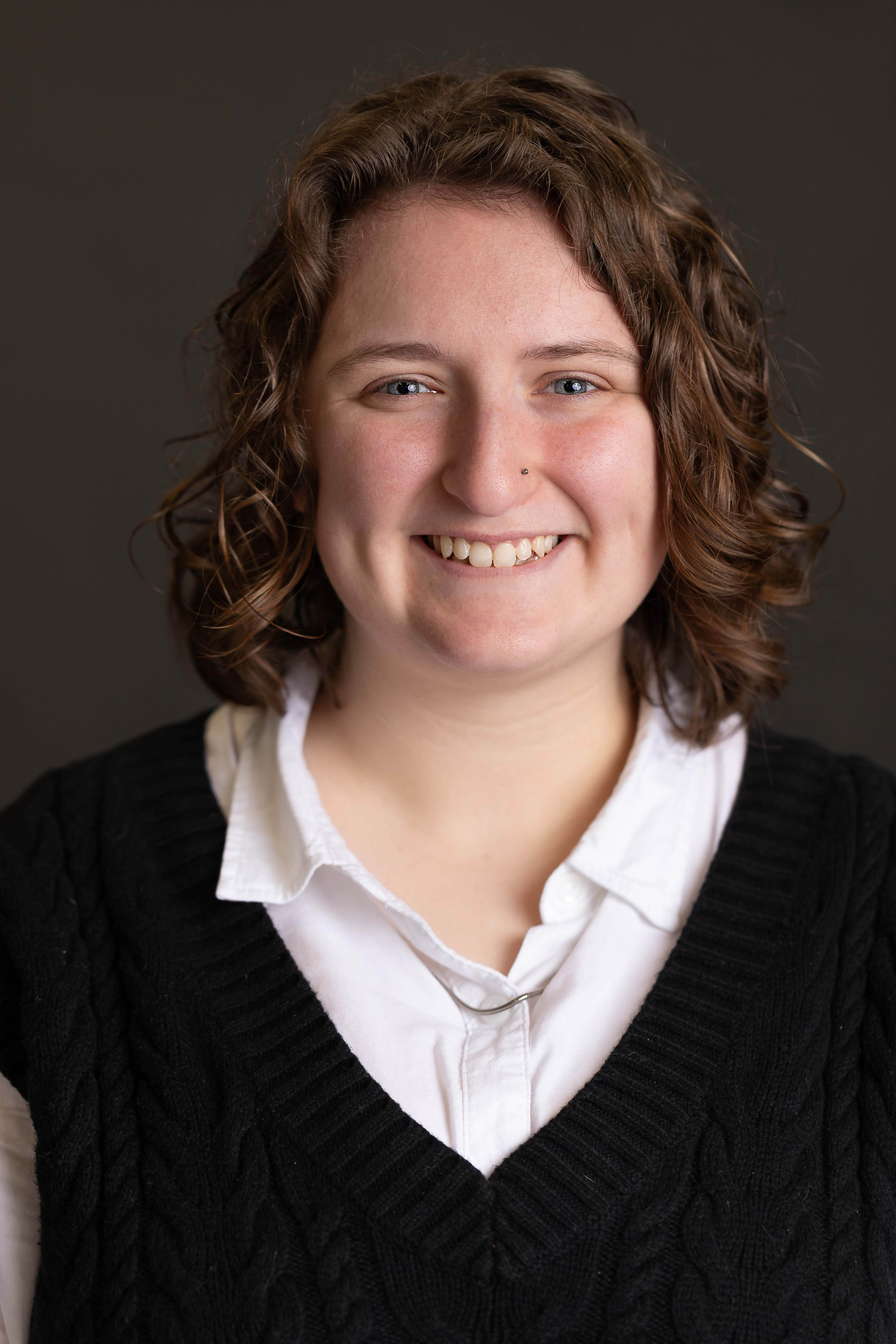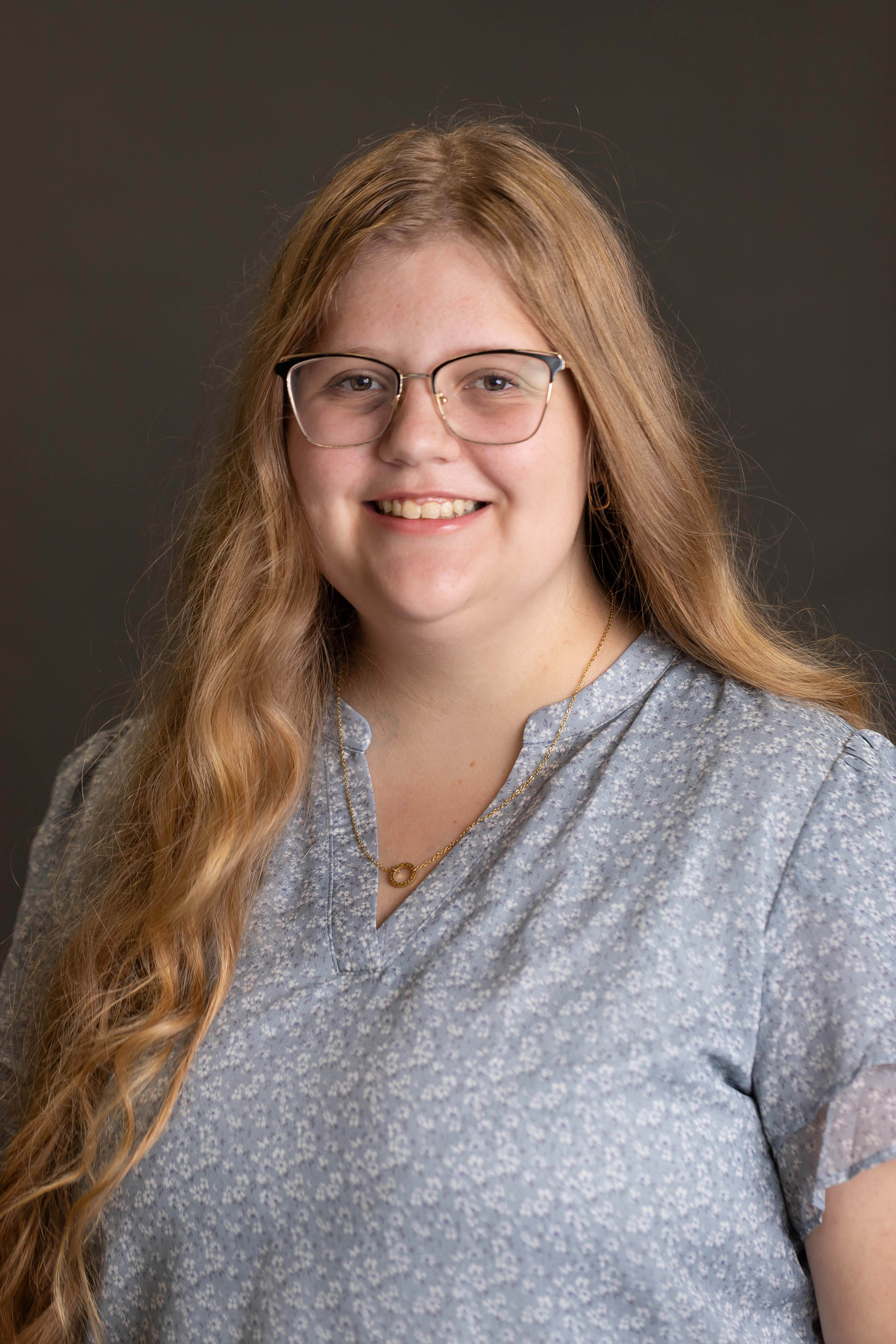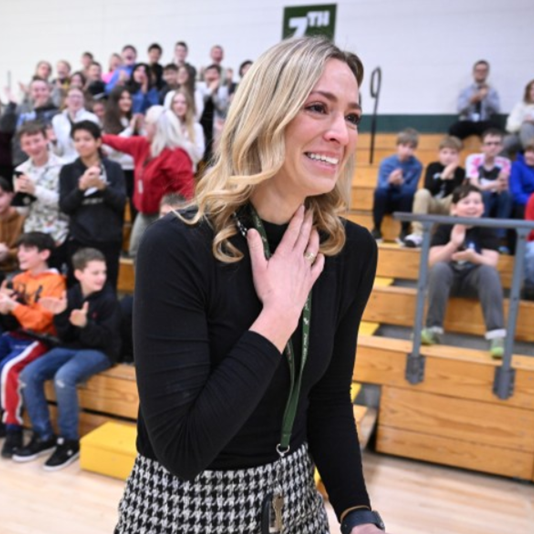Aspiring Educators of Michigan: Ensuring all are IncludED

support students with disabilities, a
project organized by Lindsey Springer
(GVSU) and Maddie Glocksine (SVSU).
Attendees at the MEA Aspiring Educators Conference next month will receive a special take-away: teaching and learning toolkits to support students with disabilities made by two leaders from MEA’s Aspiring Educators of Michigan (AEM).
The two leaders, Lindsey Springer of Grand Valley State University and Madolyn (Maddie) Glocksine of Saginaw Valley State University, secured an NEA CREATE grant for $2,000 to select and purchase supplies for the toolkits.
Their passion project, titled IncludED: Teacher Toolkits for Accessible Learning, showcased the importance of community outreach and social justice at the August AEM leadership retreat attended by future educators from across the state. Retreat participants helped to assemble the kits.
“Disability rights and inclusion means so much to me because I believe that all students deserve a safe, nurturing, and accepting environment where they are able to take risks and thrive,” Springer said.
At its heart, the project is about equity and professional development, Glocksine added.
“Teachers shouldn’t be prepared if they have a student with a disability in their classroom, but when. While systemic issues like underfunding, ableism, inequitable access, are much bigger than one project, we believe even small, intentional steps matter.”
About 15% of Michigan’s public school students receive some form of special education services. The majority spend at least part of the day in general education classrooms, so educators must understand strategies to support their social and academic goals, Springer and Glocksine point out.

The pair selected items for the kits from recommendations of special education professors and behavior analysts and therapists who were asked to choose one thing they wish students with disabilities could have in their classrooms.
Toolkits contain one folder with visual and communications support, and one folder with advocacy and extended resources, including a QR code to a Google document with additional resources, ideas, and supportive websites for various disabilities.

Also included are fidgets, chewable pencil toppers, chair bands, noise-canceling headphones, pencil grips and weighted pencils; colored overlays for students with dyslexia; guided reading strips and finger spacers; bump dots, loop scissors, imprinted pen and bracelet, and more.
The project demonstrates elements at the heart of MEA’s Aspiring Educators program – which develops leaders and programs on college campuses — to bring future educators together from across the state to support each other and their future students.
Find information to register for the AEM Conference on Nov. 8 at MEA Headquarters at cll.mea.org.
Glocksine concluded, “My hope is that this work not only supports teachers now but also drives broader positive changes in how we prepare educators and fund public schools and special education, so accessibility and inclusion become the norm, not the exception!”



